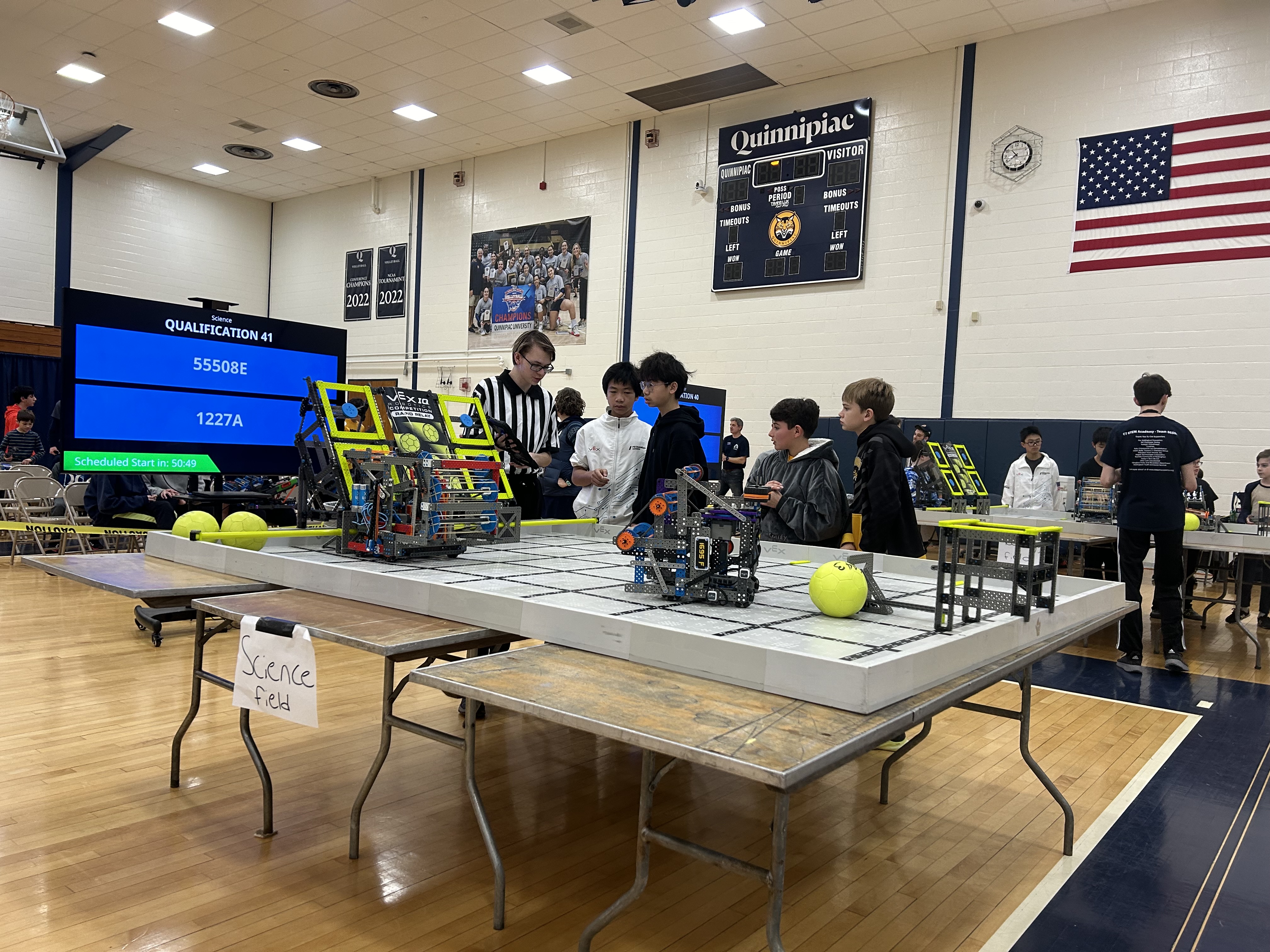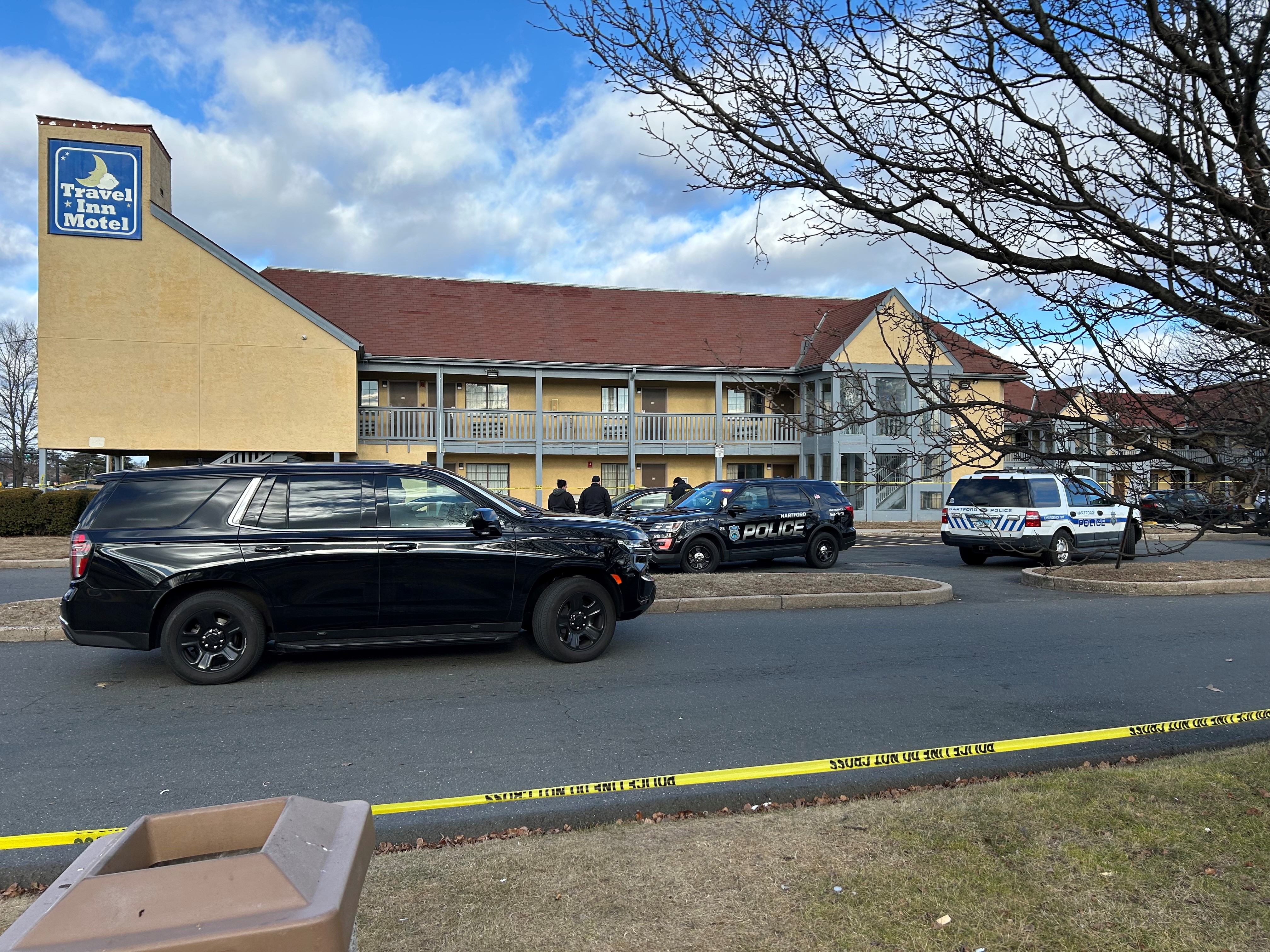Police departments across the state are leaning on each other for support right now, and the New Haven Police Department’s Peer Support Team is stepping up to do just that.
“It took me out of a very dark place and I’m forever grateful, and I just want to be able to share that with everybody that I work with,” Officer Scott Shumway said.
Sept. 23 marked five years since he and Officer Erisc Pesino were shot responding to a domestic violence call in New Haven.
In the days and weeks that followed, he was drawn to the department’s peer support program.
Get top local stories in Connecticut delivered to you every morning. >Sign up for NBC Connecticut's News Headlines newsletter.
“Well, I needed to use the program and it helped me immensely and I wanted to be able to pass that along as best I could,” Shumway said.
Now, he and Officer Nicole Motzer are two of the nearly 40 police officers across ranks and departments who are trained to check in with their fellow officers on the force.
“I’ve seen over the years that more officers are reaching out to each other in addition to people from the team and are able to communicate about a lot of things that are hard,” Motzer said.
Local
State law now requires these types of support teams in each police department. New Haven has one of the largest and oldest programs in the state.
Shumway said they are stepping up to help create support teams and respond now in a time of tragedy.
“Obviously a lot of police departments are hurting now so we are also offering our services to help them through these times,” Shumway said.
The department is also checking on each other. In the midst of line-of-duty deaths of two Bristol officers, they’re coping as Officer Chad Curry recovers from a shooting 10 days ago, and dealing with the loss of Officer Michael Hinton, who died Sunday after a battle with cancer.
“Officer Hinton was one of the greatest people that you’ll ever meet,” Shumway said. “Dedicated to his family, to his job to his community, the endless positive attitude even in his darkest moments. And he’s going to be greatly missed because he was a beacon of light here, and we’re all very sad.”
Motzer said the program is impactful, and she can see the help it gives fellow officers.
“I think it’s really important because we tend to forget that we have to take care of our mental health,” Motzer said. “Dealing with everything, not even in the department, but at home also.”



